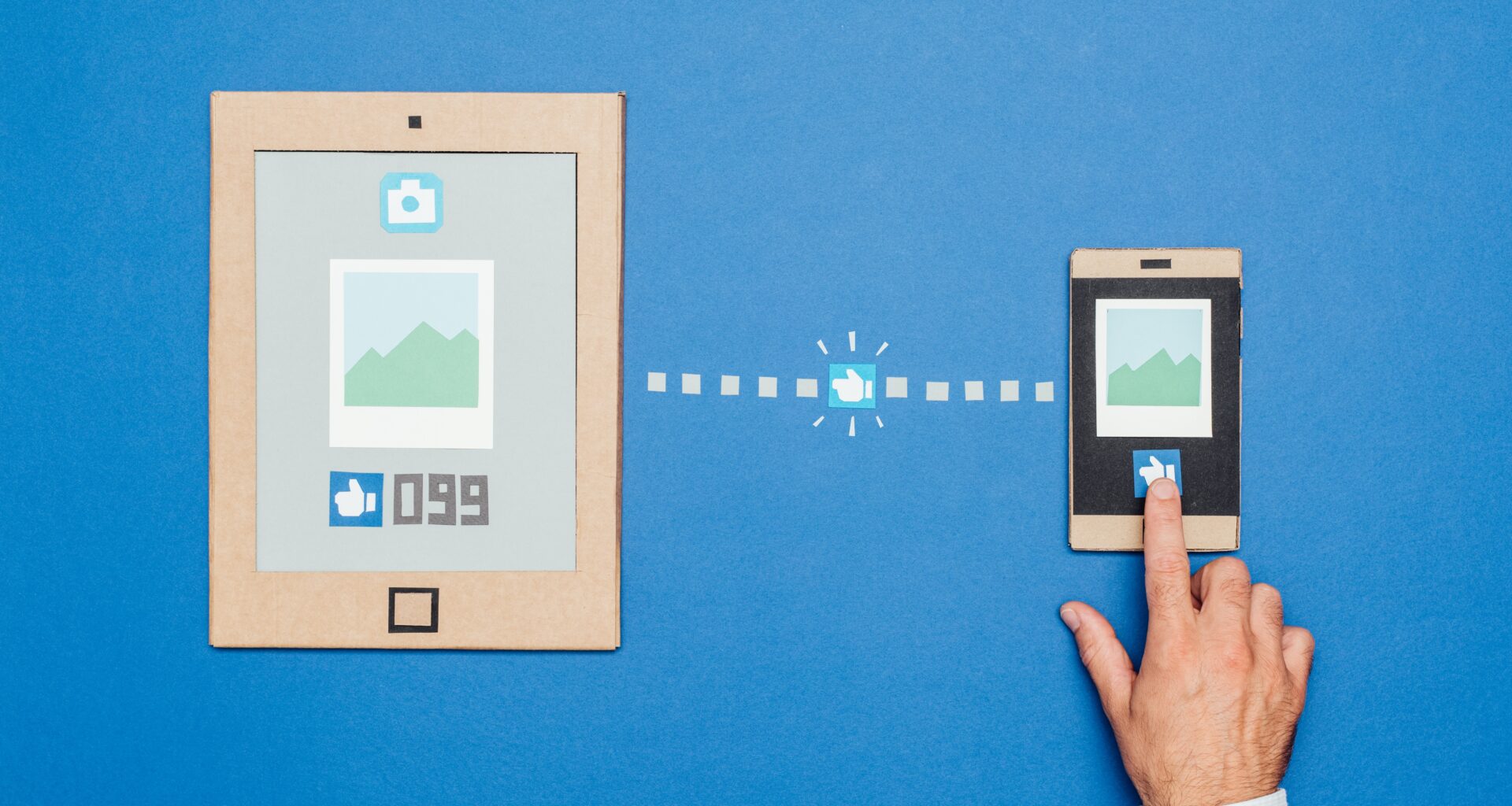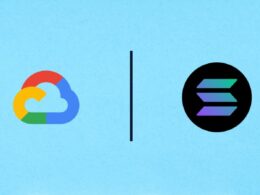Social media has taken over the world. Since it first sprung up in the early 2000s, it grew rapidly and now you’d be hard-pressed to find a single person with zero social media presence. Recently, however, the discourse on social media has begun to change, in part driven by Elon Musk’s Twitter acquisition. People are asking for control over their data, privacy, and a delicate balance between free speech and the censorship of hate speech. With the way things are going, decentralised social media seems to be increasingly relevant to today’s world. But what exactly is it and how is the development of decentralised social media going right now?
What is Decentralised Social Media?
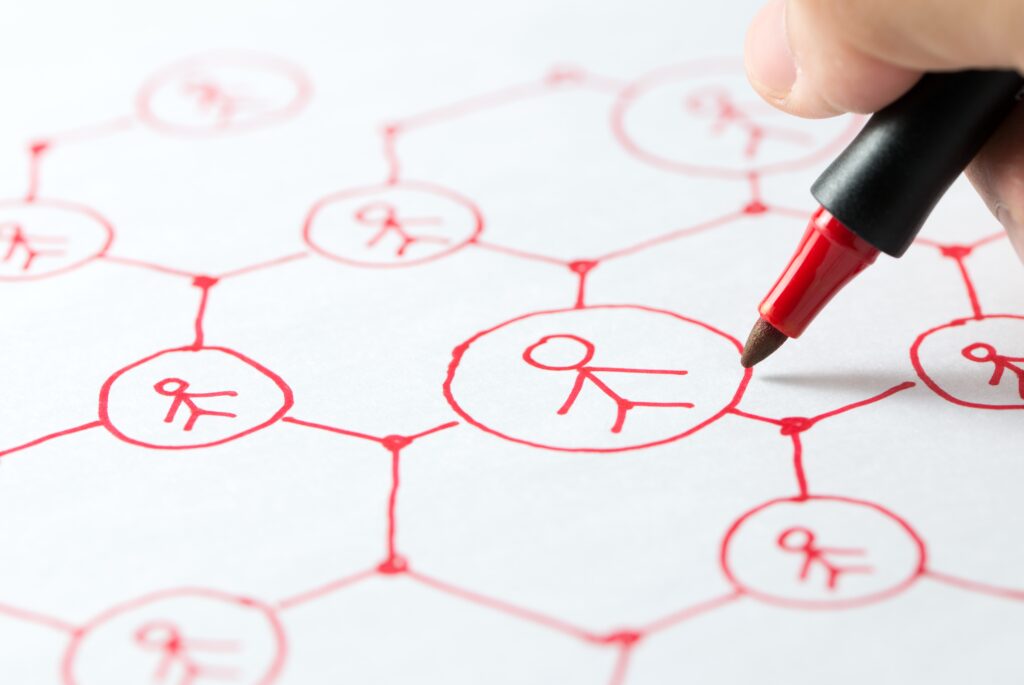
Decentralised social media is a network of independent, interconnected nodes that work together to provide a platform for users to connect and share content. These networks are designed to solve the shortcomings of centralised social networks, giving users more autonomy and privacy and opening up new opportunities for content creators. This would allow for a more democratic and open internet, where people would have more control over their data and privacy.
Blockchain-based decentralised social media networks are powered by decentralised communities in which every participant is empowered to vote for new features, improve existing ones, and contribute to the platform’s development.
Even an individual could edit a decentralised social network in accordance with the permissions granted by its administrators, meaning the entire platform’s structure would not be entirely trustworthy; users would have greater autonomy and the opportunity to take action.
In a decentralised social platform, the architecture is designed in a way that there is no central administrator of the network, which ultimately makes it difficult to tamper with and degrade in any manner. Just like bitcoin has no central bank controlling it, the decentralised social protocol operates with no central administration.
Using blockchain technology, decentralised social media platforms could bring in a wide range of innovations that could enable them to stay truly inclusive and viable: tokenised rewards systems, governance via DAOs, data provisioning, and verification powered by Oracle, tokenised identities, and even decentralised content storage.
What’s Wrong With Centralised Social Media?
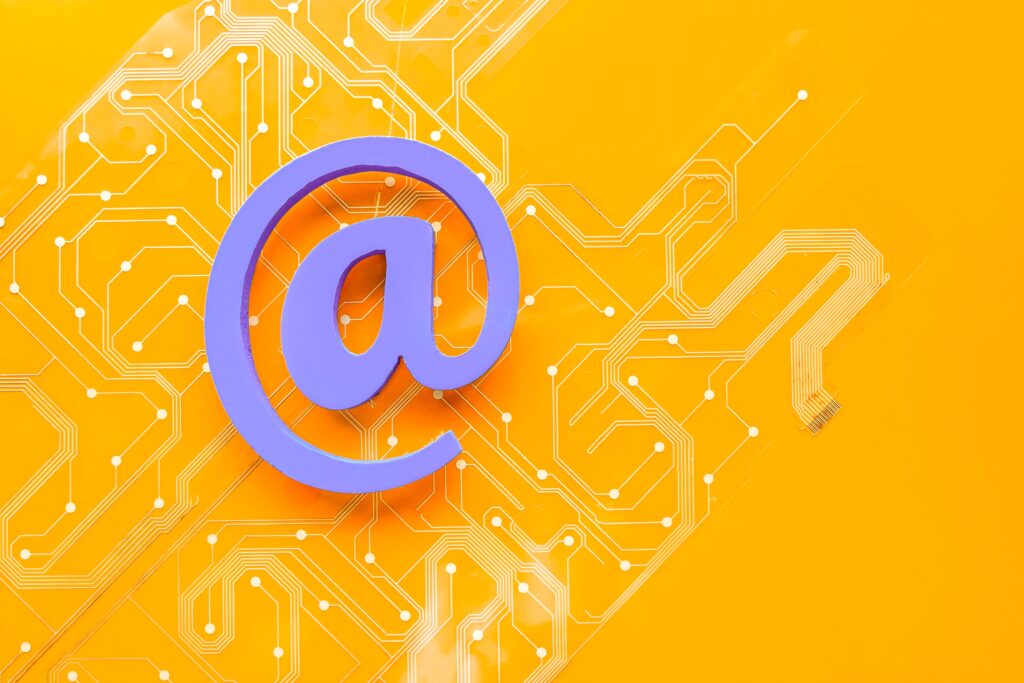
There are several problems with centralised social media platforms like Facebook and Twitter. For starters, they are controlled by a small number of people who can censor or delete content they don’t like. This means that users are not really in control of their own content and can have their posts removed without any explanation.
The power of giant platforms such as Facebook and Google has not only led to problems like the threat of censorship ordered by governments but also much subtler, such as algorithmic biases in content curation that users consume.
Centralised social media platforms are also often used to spread misinformation and fake news. Social media moderation has been a contentious subject for years, with platforms such as Facebook and Twitter not always doing an excellent job of both filtering out harmful content and maintaining an open commitment to conversation.
Besides being used to manipulate public opinion, there is no cross-platform coordination either. Twitter, for instance, allows users only to send and receive messages with other people who have Twitter accounts (e.g., users on Twitter cannot send messages with Facebook accounts because there is no cross-platform alignment). In terms of privacy, these platforms do not necessarily encrypt data, meaning that administrators can see private messages.
On top of it all, centralised social media platforms are often slow to respond to user concerns. This is because they are so big that it’s difficult to make changes quickly, and they often have other priorities than responding to user feedback.
Overall, the fact is that these platforms are simply not sustainable – there are too many users and too much data for any one company to be able to handle and are often subject to censorship and manipulation, which means centralised social media might not be the future.
Is Twitter Going Down?

Twitter is a centralised social media giant that has grown in popularity in recent years. However, recently there has been speculation that Twitter may be going down in the near future.
Founded in 2006, Twitter has been struggling to grow its user base. While the platform has been adding new users, it has been losing users at a faster rate. This trend is not sustainable in the long term.
Twitter has also been facing increasing competition from other social media platforms, such as Instagram and Snapchat. This has led to Twitter losing its market share. Not to mention, Twitter has been facing financial difficulties. The company has been losing money for several years, and its stock price has been declining.
But that is not all. The platform has actually been under a lot of pressure lately. It has been criticised for its handling of users’ data.
Amidst this came a change in ownership which has further led to ongoing debates over free speech ethics, the line between content moderation and political censorship, and the extent to which social media companies should be allowed to monitor or restrict content posted to their sites.
Reservations have been growing over handing over control of the social media platform to an individual owner like Elon Musk, with concerns even being expressed by individuals who fear that Musk will weaken rules about content moderation and allow hate speech to propagate online.
All of this has led to people speculating that Twitter may go down. However, Twitter has denied these rumours, saying it is “here to stay.” The company has been working hard to improve its user experience, grow its user base, and increase revenue.
While it is impossible to say for sure whether Twitter is going down, the platform is certainly facing some challenges. What is clear is that we need to move away from the current model of social media, which is controlled by a few corporations, and towards a more decentralised model.
Best Decentralised Social Media Platforms

Blockchain-based social applications have the potential to build safer, more private, more valuable, and better experiences for users while also fixing the broken systems we have now. Interoperability with existing platforms is likely to be a pivotal precursor to the wide-scale adoption of decentralised platforms.
Currently, the prominent names in the decentralised social media space include:
1. Mastodon
Twitter’s change in leadership has given rise to this social media platform with federated networks resembling Twitter. This platform offers users the unique possibility of managing their audience without intermediaries. Founded by founder Eugen Rochko, Mastodon is free of ads and supports audio, video, and picture posts, accessibility descriptions, polls, content warnings, animated avatars, custom emojis, and more.
2. Bluesky
Twitter founder Jack Dorsey has also founded a decentralised Twitter called Bluesky. It has been suggested that the decentralised protocol is an opportunity for social networks to pass the buck in terms of moderation responsibilities onto the more comprehensive network, enabling an individual app within the protocol to decide what accounts and networks are blocked by their users. Established in 2019, Bluesky is currently in its beta testing phase.
3. Lens Protocol
Crypto lender Aave launched its own Web 3.0 social platform powered by NFTs in 2022. Lens Protocol is a decentralised and composable social graph that enables each user’s followers, community, and content to be linked to their NFT profile.
Conclusion
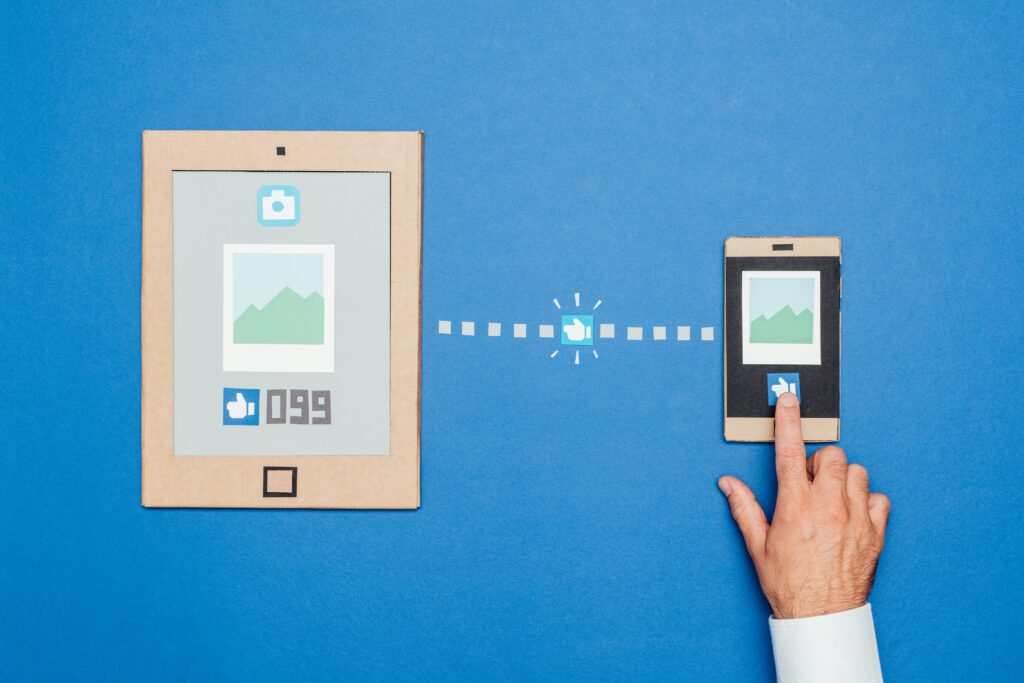
The fact that decentralised social media is much more difficult for a single entity to control or censor the platform makes it a more open and democratic space as well as much more resilient to attacks and outages.
However, a few challenges need to be addressed, such as usable interfaces, helping people understand how to use the tokens, and building up network effects to make decentralised social media a reality.
Overall, decentralised social media has the potential to be a more open, democratic, and resilient space for users to connect and share content. The decentralised web is getting closer and closer on the horizon.





